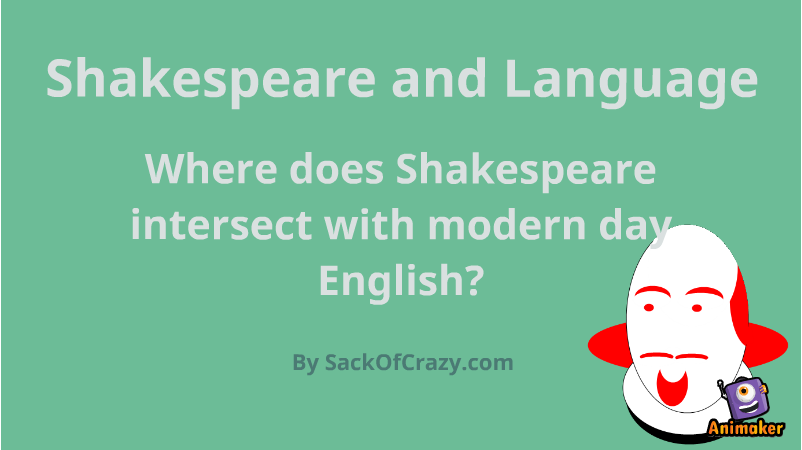This review will be a four-in-one. It’s only fair to review them all together, since I took them all together in less than the time it normally takes for a single MOOC.
Course Title: Learning Online: Learning and Collaborating, Reflecting and Sharing, Managing Your Identity, and Searching and Researching
Provider: University of Leeds via FutureLearn
Price: Free
Level: Introductory
Effort: 3 hours over 2 weeks each, commencing on set date
Prerequisites: None
Completion awards: Certificate of Achievement (£39 + shipping) for completing 90% of course content and 70% on test scores, or Statement of Participation (£19 + shipping) for completing 50% of course content
About the course:
At the beginning of each of these courses, they beg people to keep in mind that the content is directed at 16 to 19 year old students still in compulsory education, on their way into University. Since the entirety of the second course, Reflecting and Sharing, is devoted to telling students how to use social media, I somehow doubt the veracity of that claim. The last thing a teenager needs to learn is how to use social media.
There is nearly no information in any of the four modules. The majority of chapters declare that they will teach something, then tell you to visit a website and look at help files, and then claim that they just taught you something. I didn’t find anything in the combined courses that would be helpful to a teenager or anybody else learning online, but it did offer sage advice to use netiquette generally on the Internet. But that’s just good advice.
Perhaps the worst aspect of the courses is that they want to crowd-source some collaborative experiences, but they just kind of throw the students in and hope one of them will be first. The problem is that it then asks the students to evaluate what’s been done so far, when there is no so far. It’s an empty sheet. They should have seeded the activity with some starter data to get the ball rolling.
Most of the modules are simply bereft of content, but the third course, Managing Your Identity, has information in it about managing an online image that I simply disagree with. In fact, all four courses make suggestions like using personal Facebook and Twitter accounts for scholastic and professional endeavours.
The only useful thing I got out of all four of the combined courses was that it motivated me to find Animaker. This is a great cloud app which allows you to create an animated video with all kinds of effects. During the Reflecting and Sharing course, it was suggested that making and sharing videos of what you’ve learned is helpful. Note that it didn’t suggest in what way it could possibly be helpful, it just said that it was. It then told everybody to make a video about a few questions relating to Shakespeare.
Even though I viewed the assignment as pointless, I decided to join in. (‘Join in’ is perhaps a misnomer, as I’m thus far the only person who’s done it.) I feel like I should extend my best effort on these MOOCs even if I don’t see the value in it, or any particular step. I’m glad I did. While I still can’t imagine it will in any way come up in the course of studying a degree, I had a lot of fun making it, it turned out way better than I thought it might, and it was simple. Once the course finishes for everybody else, I’ll scrub my personal details from it (despite the suggestions from the Managing Your Identity course), and link it below.
The total time for all four courses combined was about 7 hours, including learning how to create a video on my own. The total amount of information I got out of the course was … Well, clearly not all Russell Group universities are alike.
2016/07/18 Edit: The course is over, so I’ve scrubbed personal details from the video presentation I did … Sort of. Anyway, here’s the finished product:
